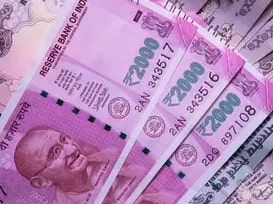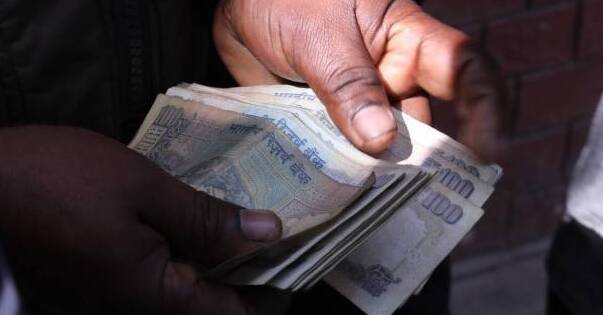
Victoria’s Secret, a popular American lingerie brand, has been in the news lately for trying to rebrand itself. The company has faced criticism in recent years for promoting unrealistic beauty standards and a lack of inclusivity, and it seems that they are now taking steps to address these issues.
One of the biggest changes that Victoria’s Secret has made is the hiring of new leadership. In 2020, the company appointed a new CEO, Martin Waters, who has a background in sustainability and ethical fashion. Waters has been tasked with overhauling the brand’s image and making it more inclusive.
In an interview with the New York Times, Waters said that Victoria’s Secret is “committed to becoming a more inclusive and sustainable brand.” He also acknowledged that the brand has “a lot of work to do” to address its past mistakes.
One of the ways that Victoria’s Secret is trying to rebrand is by introducing new products that cater to a wider range of body types. In 2021, the company launched its “Very Sexy” line, which includes bras in sizes up to 40DDD and panties in sizes up to 3X. This is a significant departure from the brand’s past focus on promoting a narrow, unrealistic beauty ideal.
Victoria’s Secret is also making changes to its marketing and advertising strategies. In the past, the brand was known for its provocative, hypersexualized ads featuring thin, conventionally attractive models. Now, the company is shifting towards a more inclusive and empowering message.
In 2021, Victoria’s Secret launched a new campaign called “The VS Collective,” which features a diverse group of women, including soccer star Megan Rapinoe and actress Priyanka Chopra Jonas. The campaign is meant to showcase “accomplished women with a shared passion for driving positive change.”
The company is also emphasizing sustainability in its rebranding efforts. Victoria’s Secret has committed to using 100% recycled or renewable materials in its products by 2025, and it has launched a new program called “VS Good” to support various social and environmental causes.
Despite these efforts, Victoria’s Secret still has a long way to go to repair its reputation. The brand has faced backlash from critics who say that its attempts at inclusivity are too little, too late. Some have also accused the company of “pinkwashing” or using social justice and sustainability as a marketing ploy without making significant changes behind the scenes.
There are also concerns about the company’s treatment of its employees. In 2021, a group of former Victoria’s Secret models accused the brand of fostering a toxic work environment, including sexual harassment and bullying.
In response to these accusations, Victoria’s Secret has promised to make changes to its workplace culture. The company has hired a new chief diversity and inclusion officer and has committed to providing more support and resources for its employees.
Overall, it remains to be seen whether Victoria’s Secret’s rebranding efforts will be successful. The brand has a lot of work to do to regain the trust of consumers and to become a truly inclusive and sustainable company. However, the fact that they are taking steps in the right direction is a positive sign, and it will be interesting to see how their efforts evolve in the coming years.









